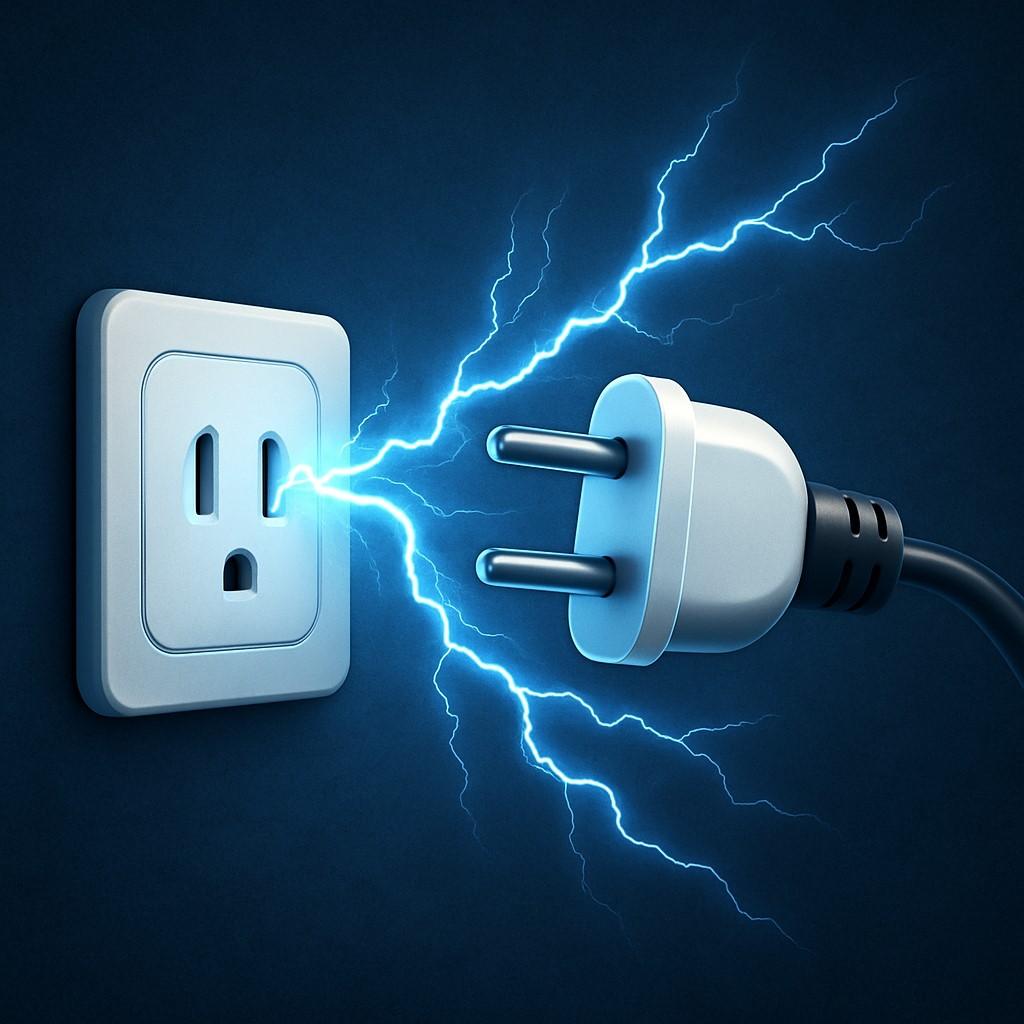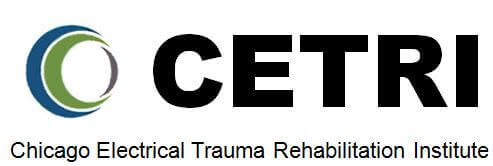Electrical Safety: How to Prevent Accidents and Protect Yourself from Electrical Accidents or Injuries?

Electricity powers nearly every aspect of modern life, from our homes and workplaces to the technology we rely on daily. Yet, behind its convenience lies an invisible risk: electrical accidents that can cause severe injuries or even be fatal. Understanding these hazards and learning how to prevent them is essential to keeping ourselves and others safe.
The Dangers of Electrical Accidents and Injuries
Many people are unaware of the potential electrical hazards that surround them every day. In the United States, approximately 5% of burn unit admissions are due to electrical injuries. These incidents can range from mild shocks and superficial burns to life-threatening injuries involving the heart, muscles, and nervous system. Because of this, recognizing the risks and taking proactive safety measures is vital to preventing serious harm.
What are the Main Causes of Electrical Accidents?
Electrical injuries often occur due to preventable causes. The most frequent include:
- Contact with Live Wires: Direct contact with live wires can result in electric shocks.
- Faulty Equipment: Malfunctioning or damaged electrical appliances pose a risk of accidents.
- Unsafe Electrical Practices: Ignoring safety protocols while handling electricity can lead to accidents.
- Overloading Circuits: Overloading electrical circuits can cause fires and other hazards.
- Lack of Awareness: Insufficient knowledge about electrical risks can increase the likelihood of accidents.
Tips to Prevent Electrical Accidents and Injuries
Taking preventive measures is the most effective way to reduce electrical hazards. Here are key safety practices to follow at home and in the workplace:
- Inspect Electrical Cords and Appliances
Regularly check power cords, plugs, and appliances for signs of damage, fraying, or wear. Replace any faulty equipment immediately to avoid the risk of electric shocks or fires.
- Avoid Overloading Outlets
Do not overload electrical outlets with multiple devices or power strips. Distribute the load evenly across different outlets to prevent overheating and potential electrical hazards.
- Use Ground Fault Circuit Interrupters (GFCIs)
Install GFCIs in areas where water is present, such as kitchens, bathrooms, and outdoor spaces. These devices can quickly detect electrical faults and shut off power to prevent shocks.
- Keep Water Away from Electricity
Water and electricity do not mix well. Avoid using electrical devices near water sources or wet areas to reduce the risk of electric shocks.
- Be Cautious with DIY Electrical Work
If you are not trained in electrical work, avoid attempting repairs or installations yourself. Hire a qualified electrician to handle any electrical issues professionally and safely.
- Stay Clear of Power Lines
Never touch power lines or utility poles as they carry high voltage electricity. Maintain a safe distance from overhead power lines when working or using equipment outdoors.
- Educate Your Family and Colleagues
Raise awareness about electrical safety among family members, coworkers, and employees. Encourage them to follow proper precautions and report any electrical hazards promptly.
Conclusions: Stay Safe, Stay Informed
Prioritizing electrical safety is paramount to safeguarding yourself from potential accidents or injuries. By staying informed about the main causes of electrical accidents and adopting preventive measures, you can minimize risks and promote a safe environment. Organizations like the Chicago Electrical Trauma Rehabilitation Institute (CETRI) offer valuable resources and support for individuals affected by electrical injuries, emphasizing education, rehabilitation, and overall well-being. Remember, proactive safety measures and awareness are key to protecting yourself and others from the dangers of electrical hazards.
Stay safe, stay informed! Remember, safety first!
